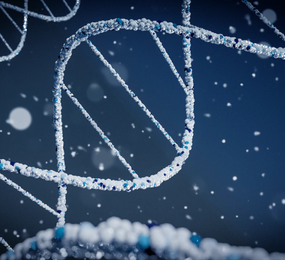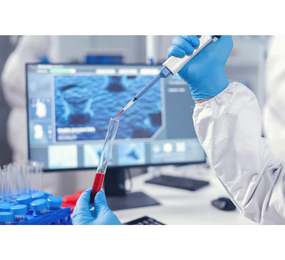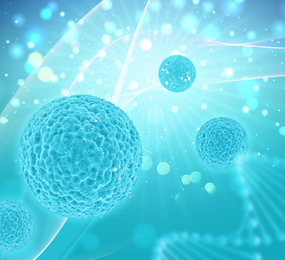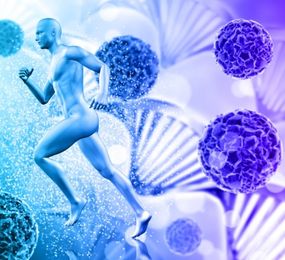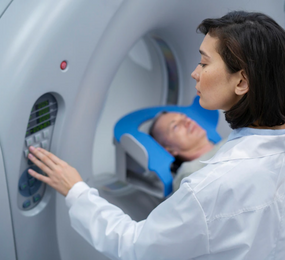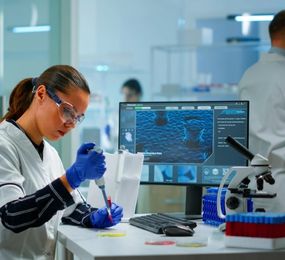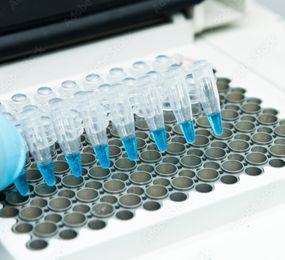Sustainable Bioprocessing: Reducing Environmental Impact in Biologics Production
Sustainable bioprocessing in biologics production represents a transformative approach in the pharmaceutical industry, aiming to minimize environmental impact while maintaining high standards of efficacy and safety. Biologics, which include vaccines, antibodies, and other protein-based therapies, are essential in modern medicine. Traditional bioprocessing methods, however, often involve significant resource consumption and waste generation.
Adopting sustainable bioprocessing techniques involves integrating green chemistry principles and innovative technologies. This includes using renewable raw materials, optimizing energy efficiency, and implementing waste reduction strategies. For instance, single-use technologies in bioprocessing can reduce water and chemical usage by eliminating the need for cleaning and sterilization of reusable equipment. Additionally, advances in biocatalysis and cell-free synthesis can enhance process efficiency and reduce the carbon footprint.
Moreover, sustainable bioprocessing aligns with regulatory and corporate sustainability goals, fostering a more environmentally conscious industry. By minimizing the ecological footprint, companies can not only comply with stringent environmental regulations but also achieve cost savings and improve their public image.
The shift towards sustainable bioprocessing is crucial for the future of biologics production, ensuring that life-saving therapies are produced in a manner that supports the health of the planet.
Visit our website to know more: https://www.leadventgrp.com/events/2nd-annual-bioprocessing-and-biologics-forum/details
For more information and group participation, contact us: [email protected]
Leadvent Group - Industry Leading Events for Business Leaders!
www.leadventgrp.com| [email protected]


